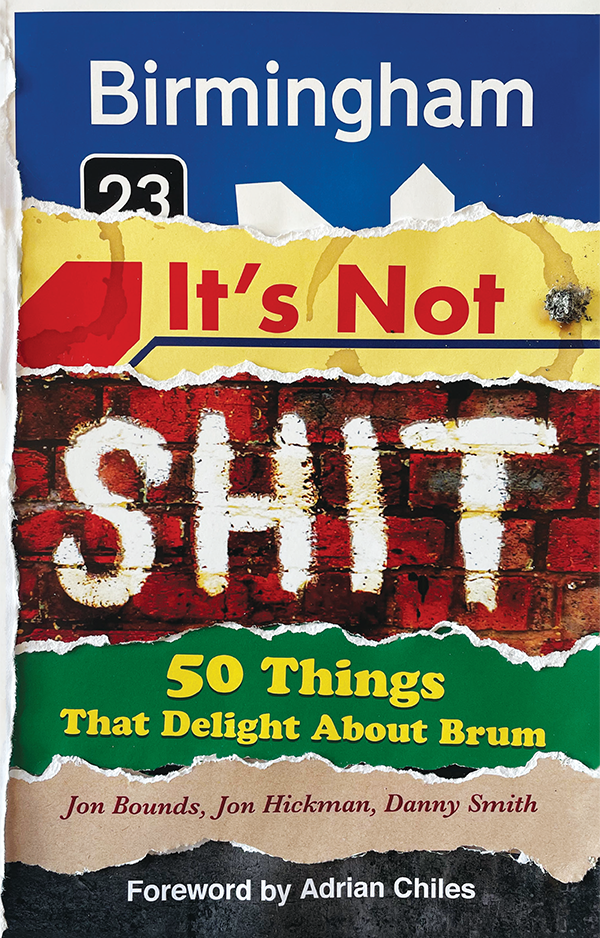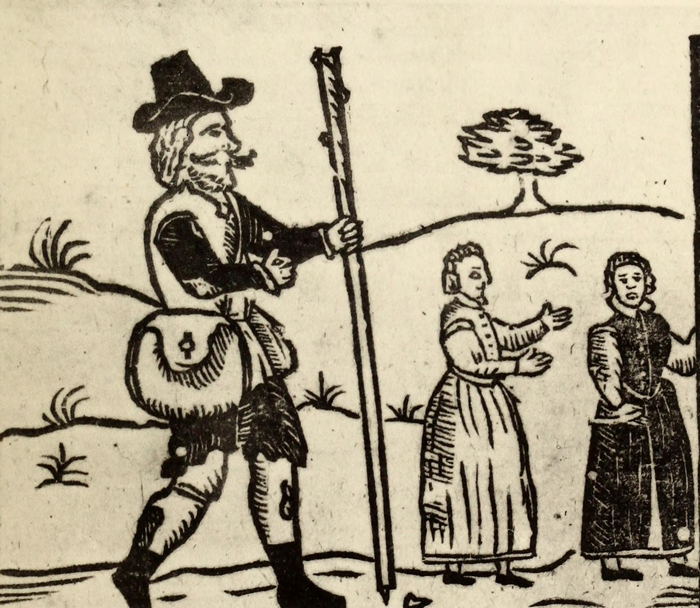Number 11 by Jonathan Coe is now out in paperback, like many of his works there’s Birmingham in the prose.
If you’ve watched a football match recently, you’ll have noticed that it looked not like football should: but something more pristine. Perfect grass, shining at you at the right colour, the crowd static, the players all so universally healthy: so universally quick that the speed of the game is uniform and appears slow. Every game has the lustre of a meaningless pre-season friendly. Don’t all new bands look like bands created for a film, walking like a duck, but not quite being Chuck Berry.
Is the spectacle broken? It might be possible that the angle of incidence no longer equals the angle of reflection. It might be possible that recuperation no longer quite works in the end game of capitalism. Maybe Debord was wrong.
I tried to pin this down, find the point where the spectacle stopped working, and it might be the brief career of Jet – a band that looked so much like Kasabian (already an indie band created for a Russell Brand romp-com) – who had a big hit with a song that sounded exactly like Iggy Pop’s Lust for Life. Exactly like it. Lust for Life had only been a revival hit a few years previously, but Jet’s song hit the charts and no-one said anything: especially not the music press that had sped up retreading of trends as if the kids were screaming because they wanted to go faster. Rather than because they were alienated.
Like the continual racist apophasis about how we can’t talk about immigration, the bastardly now hide in plain view. Tom Lehrer said that when Kissinger won the Nobel prize ‘satire died’, but maybe it not dead but turning in on itself.
Jonathan Coe’s Number 11 presents as satire, but the majority of the content isn’t exaggerated or taken out of context: TV does lie, tax avoidance and mega-wealth are inseparable and unapologetic, £160M new libraries do reduce service due to lack of money for staff and new books.
Continue reading “Number 11: satire and the skewing of the spectacle”


 We all know that Birmingham isn’t shit. We’ve spent nearly 20 years telling people, showing the world, and often undermining our case. We lay out the ineffable reasons why we say ‘Birmingham: it’s not shit’ and attempt to eff it.
We all know that Birmingham isn’t shit. We’ve spent nearly 20 years telling people, showing the world, and often undermining our case. We lay out the ineffable reasons why we say ‘Birmingham: it’s not shit’ and attempt to eff it.